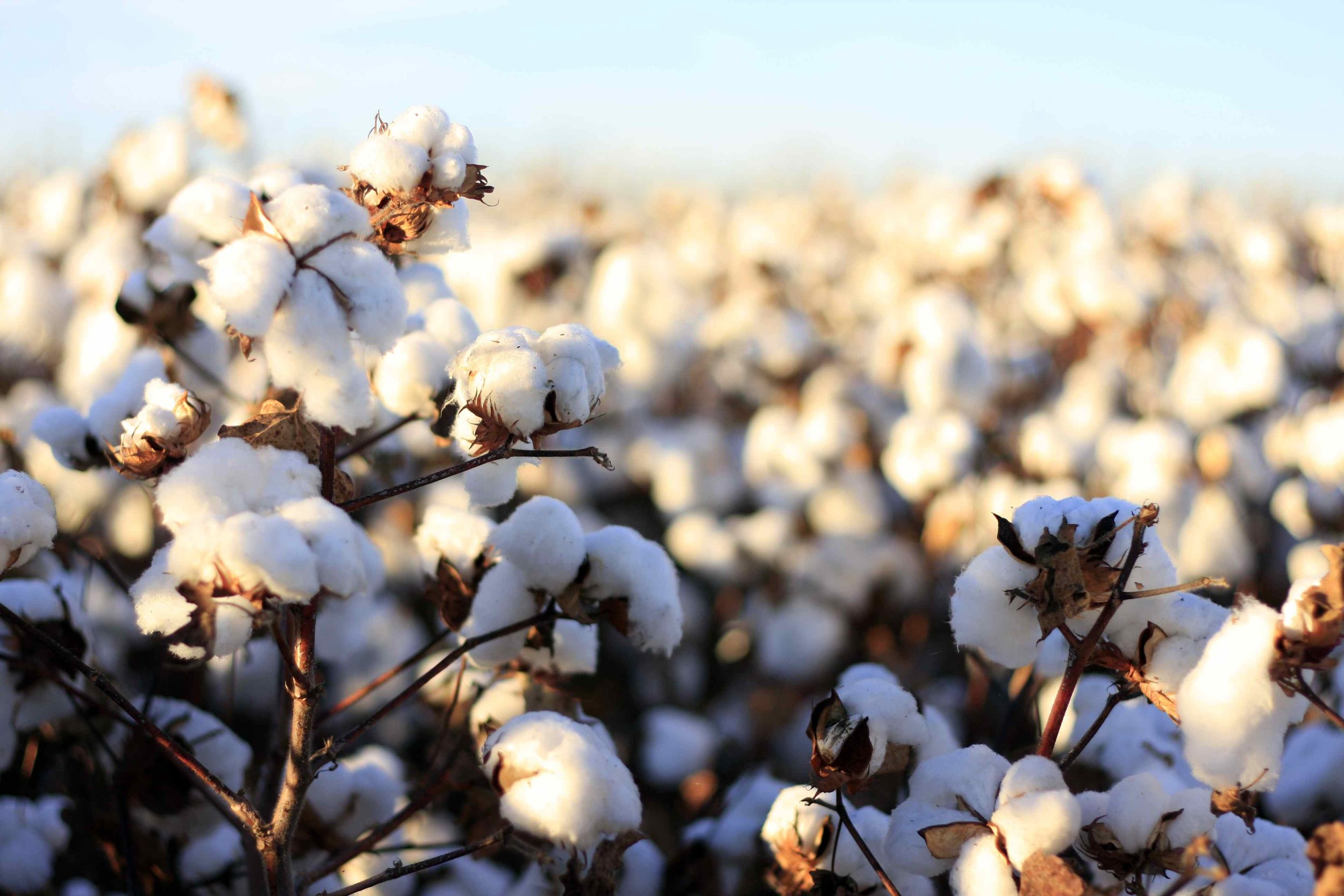100% cotton. Soft t-shirts, onesies, your favorite grey sweatshirt - it used to have such good connotations. Employing around 250 million people in its production alone, cotton is also a global industry and a vital source of income for some of the world’s poorest economies. However, given the vast amounts of water necessary to cultivate the crop and the fact that it is one of the most chemically dependant, it is also a source of concern, both in terms of the environment and the health and wellbeing of the local communities that rely on it.
In an effort to raise awareness of these issues and foster change, organizations such as WWF, where Carmen is a member on the council in order to collaborate in making fashion sustainable, have been actively promoting a more sustainable approach to cotton production; and a recent study has shown that there has indeed been an improvement in local practices with some well-known international brands leading the way.
Photo: WWF
Commissioned by PAN UK, Solidaridad and WWF, the research was conducted independently by Aidenvironment across three areas: policy, uptake and traceability. The performance of 75 of the largest cotton-using companies was assessed, up from 37 in 2016, and the results reveal that retailers including Tchibo GmbH, C&A, H&M and M&S have now joined Ikea as frontrunners in the 2017 sustainable cotton ranking.
Of the 25 companies assessed in both 2016 and 2017, 18 improved their performance with most increasing their sourcing of more sustainable cotton. The top five companies from 2016 (Ikea, C&A, H&M, Adidas and Nike) all increased uptake as a percentage of total volumes used by approximately 20 per cent in 2017, with C&A making the biggest advance and almost doubling its score. In addition, 13 companies have significantly strengthened their policies compared with 2016, with GAP Inc, Ikea and M&S making the biggest advances.
However, despite these favorable results, it was noted that overall, big brand progress on cotton sustainability remains insufficient. Efforts are being driven by five companies who lead the way scoring between 50 and 100 points, eight companies then scored between 25 and 50 points,18 more have started the journey and scored between 5 and 25 points, with the remaining 44 scoring less than 5 points.
Photo: Aid By Trade Foundation
"There is no reason why all large companies can’t match C&A, H&M, M&S, Tchibo GmbH and Ikea on cotton sustainability," said Richard Holland of WWF International. “There is now sufficient information, experience and advice about sourcing more sustainable cotton available through credible programmes such as the Better Cotton Initiative (BCI)."
Commenting on the continued use of pesticides, Keith Tyrell, executive director of Pesticides Action Network UK, said, “It’s disappointing that none of the companies have adopted policies to completely eliminate highly hazardous pesticides (HHPs) in the cultivation of the cotton they use." He believes that the uptake of more sustainable cotton is the best way to protect workers' health and the environment from pesticide pollution.
But it’s public commitments by CEOs to sourcing that are critical to sector change, according to Isabelle Roger, Solidaridad’s global cotton programme manager, "There are still too many companies doing little or nothing about sustainable cotton," she said, calling for sustainable cotton to be the norm.
Related Reading:
4 Reasons Fashion Is The Second Largest Polluter
A Thirsty Industry: Fashion's Colossal Water Footprint




